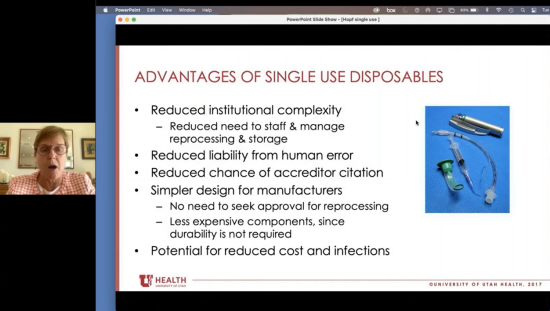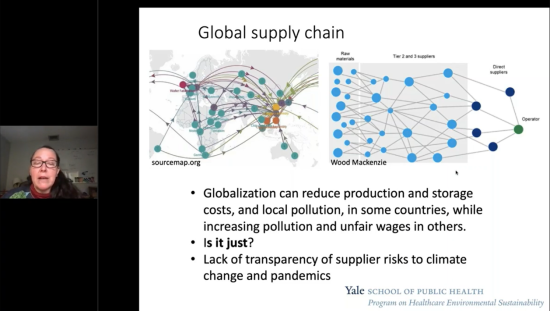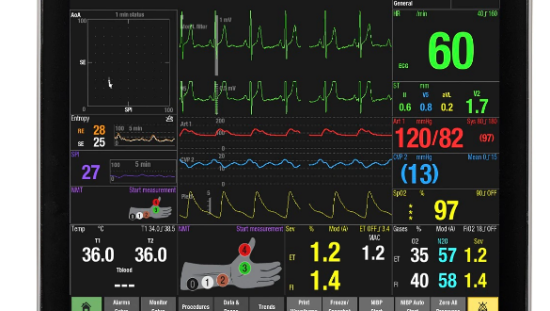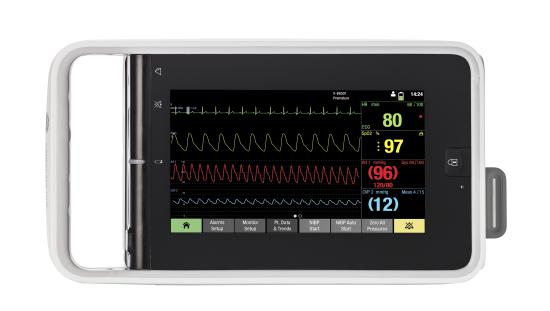PART 3 - First Q&A Session on TIVA vs Inhalational Anesthesia
Speakers
Welcome to this webinar series presented by the Association of Anaesthetists of Great Britain and Ireland on Sustainability in Anaesthesia and Peri-operative Medicine. This webinar was sponsored by GE Healthcare.
Listen to the first Q&A session here
"The average parturient has a carbon footprint of 250-300 kg of use of nitrous oxide, far greater than any of the other modalities of obstetric analgesia"
Discover the benefits of membership
This webinar was hosted by the Association of Anaesthetists of Great Britain and Ireland. If you are an Anaesthetist (or a related discipline), you are not a member, enjoyed the webinar and would wish to benefit from more great CPD opportunities, and a large range of great member benefits, please do consider joining the Association.
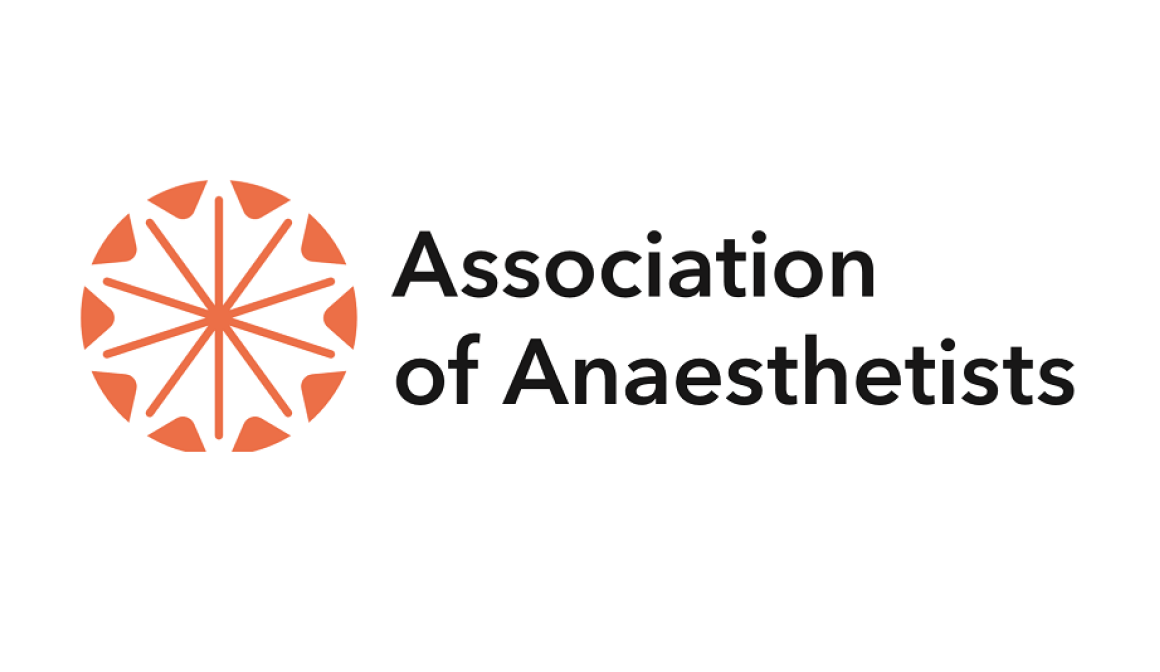
Speakers
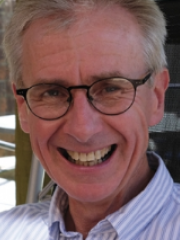
Dr. Tom Pierce
Consultant Cardiac Anaesthetist, University Hospital Southampton NHS Foundation Trust and Environmental Adviser to the President, RCoA
Dr Tom Pierce trained in cardiac anaesthesia in Groningen (NL) and Southampton (UK) and has practiced as an adult and paediatric cardiac anaesthetist and adult cardiac intensivist since 1992. Between 2002 and 2006 he ran the Wessex Final FRCA Course and in 2006 became an FRCA examiner for the Royal College of Anaesthetists. Remaining with the Primary FRCA he became the OSCE Chair in 2015. In 2013 he was invited to become the first Environmental Advisor at the RCoA. In recognition of his work in this field he received a President’s Commendation in 2016, in 2019 he received an Association Award and in 2021 he is to receive a College Medal.
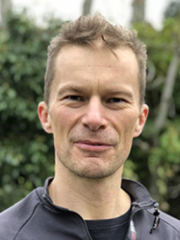
Dr. Stuart White
Dr. White is Lead Consultant for Anaesthesia for the Elderly at Brighton and Sussex University Hospitals, and jobbing anaesthetist. His research interests are eclectic, but include the perioperative care of elderly patients, particularly those undergoing hip fracture repair.
He was a member of the AoA Working Parties that produced the Perioperative care of the Elderly 2014 and Management of Proximal Femoral fractures 2011 guidelines, and co-chaired the Anaesthesia for people with dementia working party 2018. He is specialist interest group lead for anaesthesia in the Fragility Fractures Network, a member of the Hip Fracture Perioperative Network, an ex-Council member of the AAA, an (ex-) editor of Anaesthesia, and edited the 2014 Anaesthesia supplement Anaesthesia for the Elderly.
Age is catching up with him: sea swimming soothes the inflammation, and he’s finally bought an electric bike.
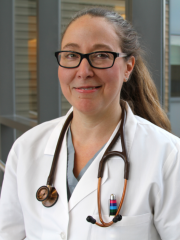
Prof. Jodi Sherman
Jodi Sherman is Associate Professor of Anesthesiology at Yale School of Medicine, Associate Professor of Epidemiology in Environmental Health Sciences at the Yale School of Public Health where she also serves as the founding director of the Program on Healthcare Environmental Sustainability of the Yale Center for Climate Change and Health. She also serves as the Medical Director of Sustainability for Yale New Haven Health. Dr. Sherman is an internationally recognized researcher in the emerging field of sustainability in healthcare. Her research interest is in life cycle assessment (LCA) of environmental emissions, human health impacts, and economic impacts of drugs, devices, clinical care pathways, and health systems. Her work seeks to establish sustainability metrics, paired with health outcomes and costs, to help guide clinical decision-making, professional behaviors, and public policy toward more ecologically sustainable practices to improve the quality, safety and value of clinical care. Dr. Sherman routinely collaborates with environmental engineers, epidemiologists, toxicologists, health economists, health administrators, health professionals, and sustainability professionals.
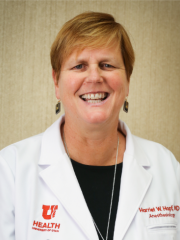
Prof. Harriet Hopf
Jodi Sherman is Associate Professor of Anesthesiology at Yale School of Medicine, Associate Professor of Epidemiology in Environmental Health Sciences at the Yale School of Public Health where she also serves as the founding director of the Program on Healthcare Environmental Sustainability of the Yale Center for Climate Change and Health. She also serves as the Medical Director of Sustainability for Yale New Haven Health. Dr. Sherman is an internationally recognized researcher in the emerging field of sustainability in healthcare. Her research interest is in life cycle assessment (LCA) of environmental emissions, human health impacts, and economic impacts of drugs, devices, clinical care pathways, and health systems. Her work seeks to establish sustainability metrics, paired with health outcomes and costs, to help guide clinical decision-making, professional behaviors, and public policy toward more ecologically sustainable practices to improve the quality, safety and value of clinical care. Dr. Sherman routinely collaborates with environmental engineers, epidemiologists, toxicologists, health economists, health administrators, health professionals, and sustainability professionals.





